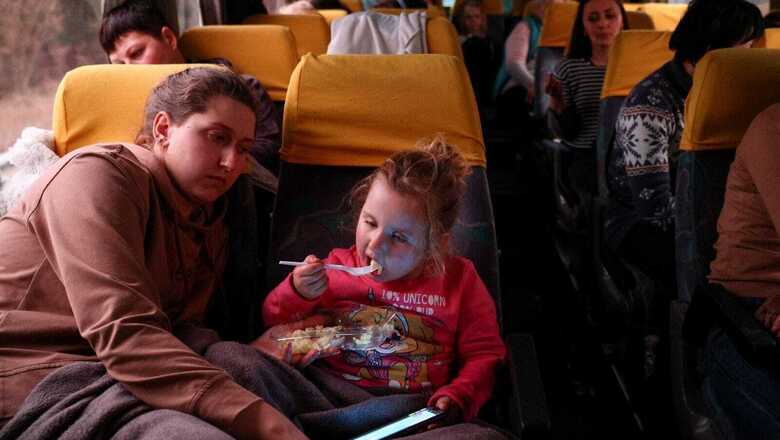
views
On a day that Ukrainian President Volodymyr Zelenskiy agreed for peace talks with Russia on the Belarus border, President Vladimir Putin ordered nuclear deterrent forces to be put on high alert further marking an escalation on the fourth day of his country’s invasion of Ukraine.
Important developments in the Russia-Ukraine conflict did not stop late into Sunday, as European Union agreed to impose hard sanctions on Russia for the invasion and closed its airspace to Russian aircraft. It also banned Russian state media outlets operating inside in the bloc and agreed to buy arms and ammunition for the war-hit country.
The EU also said the invasion has already displaced “over seven million people”. Russian troops entered Kharkiv, Ukraine’s second-largest city even as capital Kyiv recovered from a day of heavy shelling and fighting. The Kharkiv mayor, however, claimed that Ukraine had repelled Russian forces.
Here are the top 10 developments in the Russia-Ukraine conflict that is witnessing mounting casualties on both sides, and mass movement across the Ukraine’s borders with people trying to flee the conflict:
Ukraine agrees for peace talks with Russia: Ukrainian President Volodymyr Zelenskiy agreed to begin peace talks with Russia on the Belarus border. He talked to Belarusian strongman Alexander Lukashenko over the phone and agreed to send a delegation to meet a Russian delegation on the Belarusian-Ukrianian border near the Pripyat river. This is the first attempt at peace talks since Russia invaded Ukraine. Zelenskiy said he needed to use every opportunity to secure peace. “I do not really believe in the outcome of this meeting, but let them try so that later not a single citizen of Ukraine has any doubt that I, as President, tried to stop the war, when there was even a small, but still a chance,” he added.
Putin outs nuclear forces on high alert: In another major development, even as Zelenskiy agreed for peace talks, Russian President Vladimir Putin ordered Russian nuclear deterrent forces to be on high alert. Calling it “special regime of combat duty”, Putin said tensions with the West over his invasion of Ukraine was a reason behind his move. His order, however, further escalated tensions raising fear of the use of nuclear weapons.
EU shuts airspace to Russia: The European Union has announced swingeing new sanctions against Russia over its invasion of Ukraine, closing its airspace to Russian aircraft and banning Russian state media outlets broadcasting in the bloc. It also agreed to buy arms and ammunition for Ukraine, and said over seven million people had already been displaced since the invasion began.
How EU countries responded: Sweden said it will send military aid to Ukraine, including anti-tank weapons, helmets and body armour, said Prime Minister Magdalena Andersson on Sunday. “Sweden is now proposing direct support for Ukraine’s armed forces. It includes 135,000 field rations, 5,000 helmets, 5,000 body shields and 5,000 anti-tank weapons,” Andersson added.
Denmark also said it will donate 2,700 anti-tank weapons to Ukraine, as per Prime Minister Mette Frederiksen.
Hungary, meanwhile, said it was in its interest is to stay out of the military conflict between Ukraine and Russia reiterating that Hungary would not send weapons to neighbouring Ukraine but would help all refugees from there.
Finland is also considering whether to send weapons to Ukraine directly, Defence Minister Antti Kaikkonen said in what would be a departure from its long-standing policy of not allowing weapons to be exported to war zones. The minister also said Finland, which is not a NATO member and shares a long border with Russia, had given the green light to Estonia to send previously Finnish-owned field guns to Ukraine. Finland will send defence equipment to Ukraine, including 2,000 bulletproof vests, 2,000 helmets, 100 stretchers and equipment for two emergency medical care stations, a government statement said.
Greece is sending defence supplies to Ukraine in response to a request from the Ukrainian government. Two C-130 military transport planes will carry the supplies to Poland in a show of solidarity with the Ukrainian people. It will then be transported across the border to Ukraine.
Bulgaria also said it will send humanitarian and military aid to Ukraine, joining a group of 25 donor countries from NATO and the European Union.
UNSC to vote on ’emergency special session’ of General Assembly: The UN Security Council will vote to convene a rare “emergency special session” of the 193-member General Assembly on Russia’s invasion of Ukraine, two days after Moscow used its veto to block a resolution on its aggression against Kyiv. The 15-nation Security Council will meet to hold a vote on the special session. This will be only the 11th such emergency session of the General Assembly since 1950.
Russia releases news about casualties: In a first, Russia’s defence ministry on Sunday said Russian soldiers had been killed and wounded during an offensive in Ukraine, but added its losses were far lower than those suffered by Ukraine without specifying a number, the Interfax news agency reported. Since the start of what Russia calls its “special military operation” in Ukraine, armed forces have hit 1,067 Ukrainian military sites, Interfax cited the ministry as saying.
Russia marches into Kharkiv: After hours of heavy fighting, Ukrainian army regained control over Kharkiv, the second largest city in the country. Russian troops also attacked Ukraine’s gas and oil facilities earlier in the day by blowing them up. Ukrainian forces, however, repelled the Russian attempt to seize Kharkiv, the city’s mayor claimed.
Turkey to implement Montreux Convention: Turkish foreign minister Mevlut Cavusoglu said on Sunday it was implementing an international pact on naval passage to the Black Sea. Under the 1936 Montreux Convention, Turkey has control over the Dardanelles and Bosphorus straits that connect the Mediterranean and Black seas and can limit the passage of warships during wartime or if threatened. Turkey earlier called Russia’s invasion of Ukraine a “war” on Sunday in a rhetorical shift that opened the way for the move.
PM Modi holds high-level meeting on Ukraine crisis: Prime Minister Narendra Modi held a high-level meeting on the Ukraine crisis. External affairs minister S Jaishankar was part of the meeting which was also attended by top government officials. A large number of Indians, mostly students, are stranded in Ukraine following Russia’s attack on the country. India has begun evacuating them, and over 900 people have been brought back since Saturday.
2,000 Indians evacuated from Ukraine: India has evacuated close to 2,000 of its citizens from Ukraine and efforts are on to facilitate the exit of remaining stranded Indians through various border transit points to the neighbouring countries, said foreign secretary Harsh Vardhan Shringla, adding that he held separate meetings with the ambassadors of Ukraine and Russia and shared with them the locations of the Indian citizens in Ukraine for ensuring their protection. The foreign secretary said though the border crossings to Hungary and Romania are functioning, the exit point to Poland has been clogged with lakhs of Ukrainians and foreign nationals trying to leave.
(With agency inputs)
Read the Latest News and Breaking News here














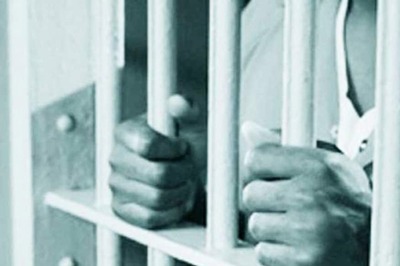
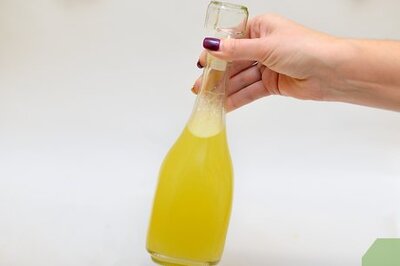
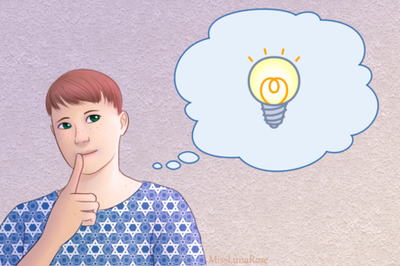
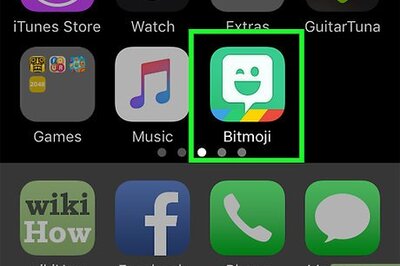
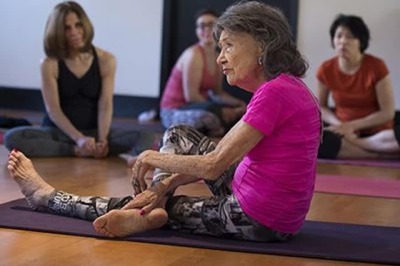
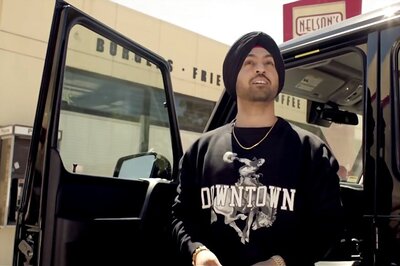
Comments
0 comment